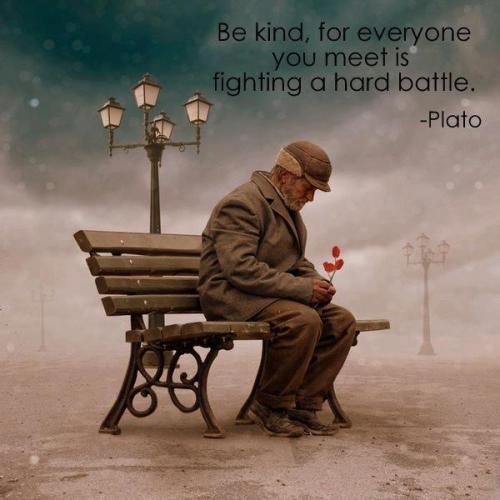Kindness Matters | Memories
by Elouise

My Mom died in 1999. During the last year of her life she showed me a photo of a childhood friend, a write-up about her, and an obituary.
Sybil was a few years younger than I. Her mother kept the outdoor hog pen I describe in my poem, 1951. To me, Sybil was a friend in name only. I was put off by her lack of manners, her unkempt clothes, constant problems at home, poor grammar and general lack of social graces. I was also embarrassed to be seen with her.
Sybil and I were thrown together in grade school. We were scholarship students—unable to pay our own ways. I saw her as ‘poor,’ though I didn’t identify myself that way. We lived in a big house on the river. She lived about three-quarters of a mile down the road toward the city, just beyond colored town, in a rickety old structure beside a large hog pen.
Sybil lacked social graces and, in my eyes, physical beauty. She was sometimes rough, callous, loud, rude and sarcastic. She was an only child, living with her mother on the second floor of a now closed, dilapidated gas station.
The hog pen sat beside this structure. About 20-25 adult hogs roamed free in a large fenced-in area and wallowed in muddy pig slop laced with decaying food scraps. To say they stank would be an understatement.
Sybil’s mom owned and cared for the hogs. They were her ticket to food and money—at least enough for survival. She lived with a man on the second floor of the old filling station.
Were they married? I was never sure. He liked alcohol. They both liked cigarettes. They didn’t always get along. Sometimes Sybil got the worst of it. Sometimes she missed school.
As chance would have it, for a couple of years Sybil’s mom took turns with my father picking us all up after school in downtown Savannah, and driving us 15 miles home.
In spite of my impressions about Sybil, she became a sometime ‘friend’ who reminded me daily of what I did not want to be. She didn’t seem to have other friends, and assumed that because we rode together after school, I was her friend.
When Sybil’s mom came to pick us up, I held back. I pretended I didn’t see the noisy old run-down car waiting right there in front of the school. I didn’t want my friends to see me getting into it. They might think it was our car.
So I waited until the last minute, suddenly ‘saw’ the car, got into the back seat and immediately bent over as though I’d just dropped something on the floor. I didn’t sit up straight until we were at least a block away from the school.
My wish to distance myself from Sybil and her life generated nothing but guilt, shame and anger in me. Being seen with Sybil was not an asset.
Mom, however, stayed in touch regularly with Sybil and with her mom. She treated Sybil with kindness. She visited her mom, helped her out in small ways, and seemed to enjoy her company.
A few years before Mom died, Sybil got in touch with her. She had graduated from high school and studied to be an officer in a military unit. She brought Mom a photo of herself in uniform—beautiful, serene and confident. It was her way of thanking Mom for taking an active interest not just in her, but in her mom. Sadly, Sybil died about a year before my Mom died.
You might say I had a ‘normal’ child-like response to Sybil and her mom. I don’t know. Contempt is a learned behavior, often accompanied by invisible self-contempt. Sybil and I were damaged goods. She may have recognized herself in me; I didn’t recognize myself in her. Not back then.
Nonetheless, we were and are sisters, if not friends.
© Elouise Renich Fraser, 11 January 2016
Image from trans4mind.com
Hmmmm….. Interesting and thought provoking post, Elouise.
I used to fear finding in others all the things I feared about myself: anything that spoke of un-loveliness or being different. And yet, I had a few solid friendships that reassured me, it wasn’t the reality that was scary, as much as the dread of what others might think.
I think Sybil must have been aware, and was brave enough to get past it. You too did the best you could at the time, and I know you would laugh and hug Sybil if she was here now. She’s probably giving you a cosmic hug right now. 🙂
LikeLiked by 2 people
Thanks, Fran! I think you’re correct about Sybil and that cosmic hug. 🙂 As for childhood, Perhaps Sybil saw that I was hurting inside and lonely, just like she was. If she did, she was correct.
Elouise
LikeLiked by 1 person
Interesting and thought provoking story, thanks for sharing!
LikeLiked by 1 person
You’re welcome, Jennifer! Thanks for reading and commenting.
Elouise
LikeLiked by 1 person